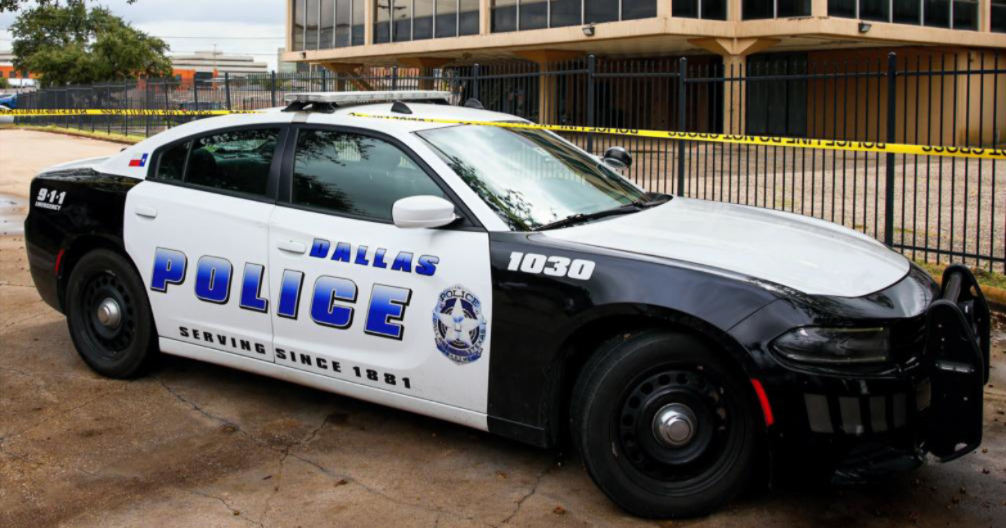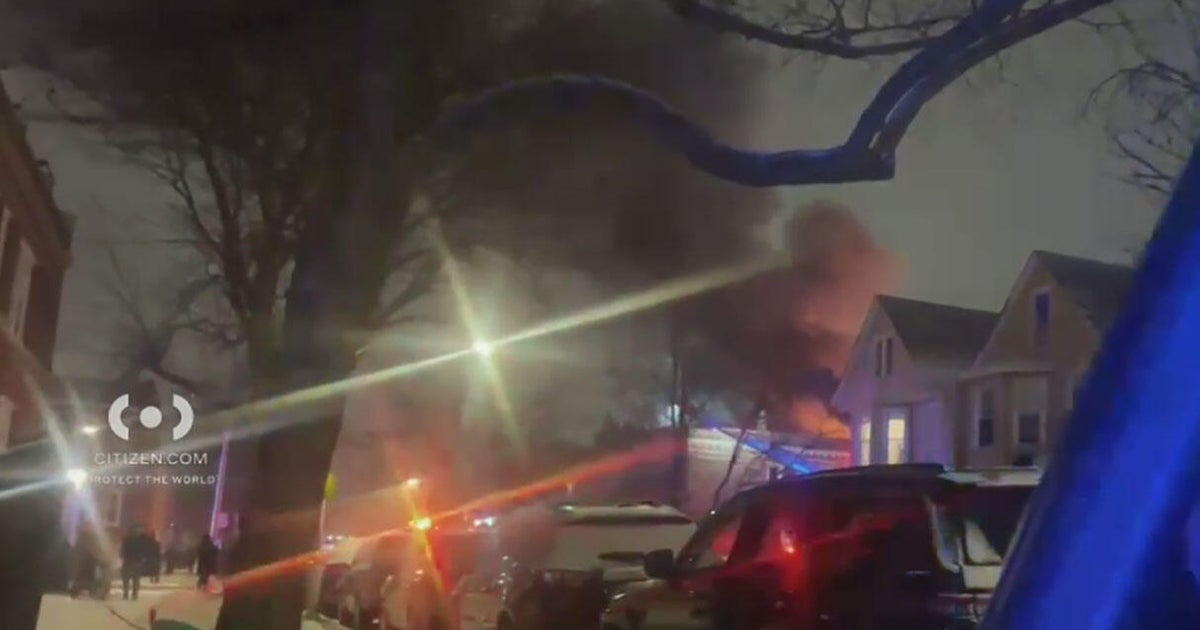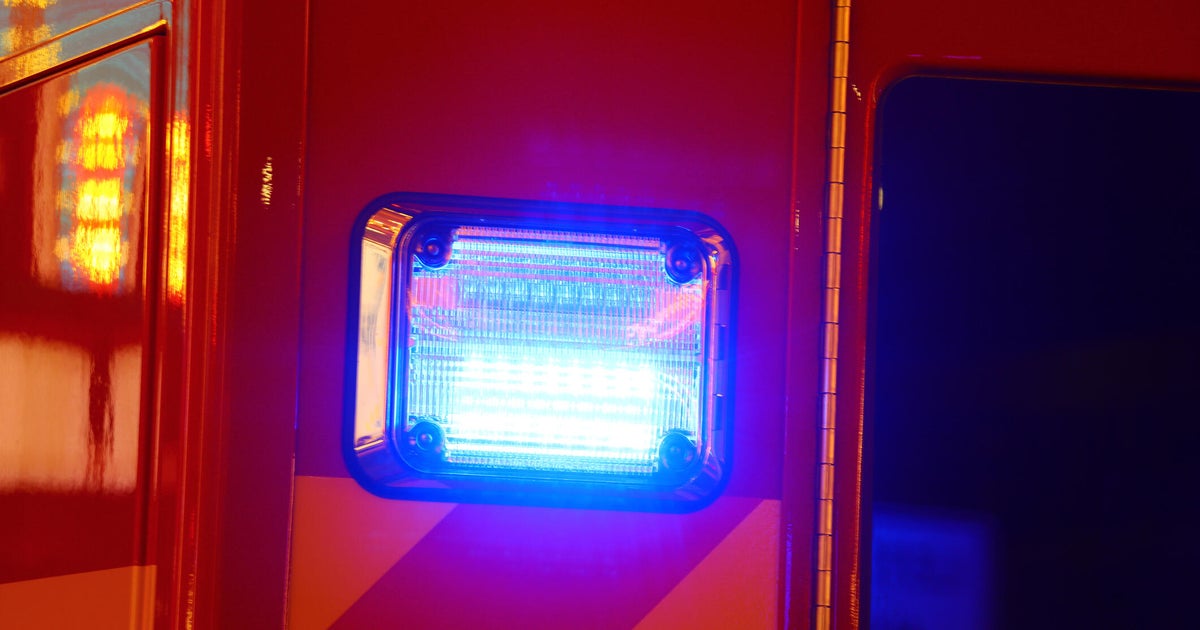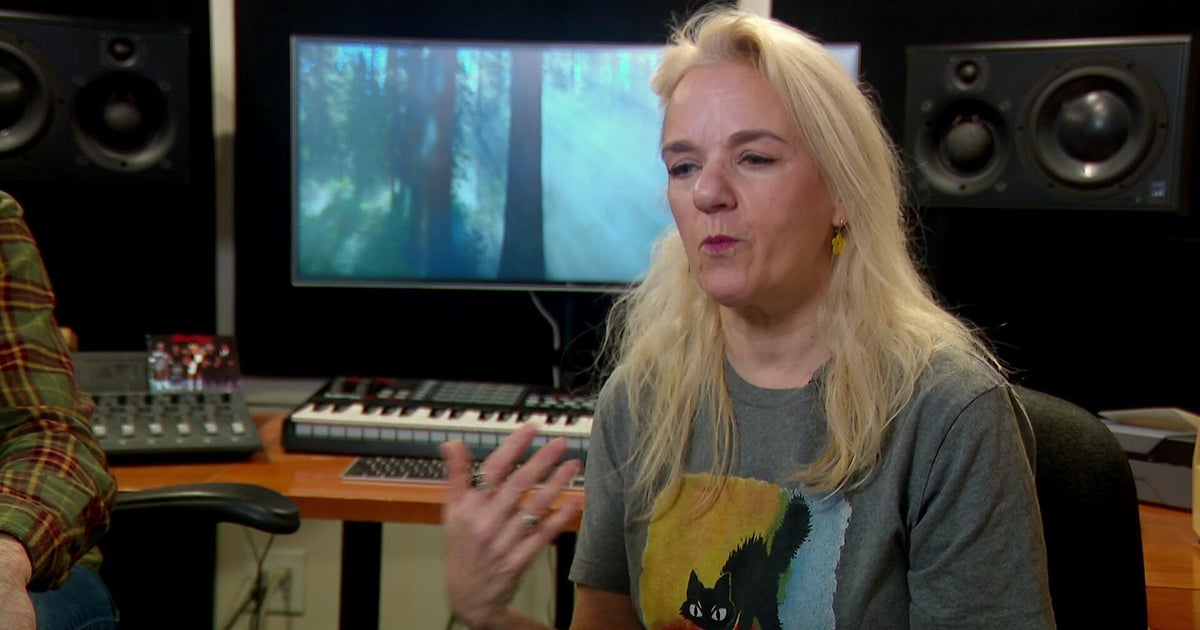'Stealth' BA.2 Omicron Variant Arrives In North Texas
DALLAS (CBSDFW.COM) - UT Southwestern has confirmed the arrival of the BA.2 Omicron variant in North Texas through its genomic sequencing laboratory.
At least two people have it, according to a spokesperson for the hospital.
The CDC said it is watching this new development closely, adding that while it is increased in other countries, it is not that common in the U.S. Currently there isn't enough data to predict how this new version will affect cases.
This latest version of the Omicron variant was found in at least 40 other countries.
Since mid-November, more than three dozen countries have uploaded nearly 15,000 genetic sequences of BA.2 to GISAID, a global platform for sharing coronavirus data. As of Tuesday morning, 96 of those sequenced cases came from the U.S.
"Thus far, we haven't seen it start to gain ground" in the U.S., Dr. Wesley Long, a pathologist at Houston Methodist in Texas told CBS News.
Houston Methodist has identified three cases of BA.2.
The quick spread of BA.2 in some places raises concerns it could take off.
"We have some indications that it just may be as contagious or perhaps slightly more contagious than (original) Omicron since it's able to compete with it in some areas," Long said. "But we don't necessarily know why that is."
The original version of Omicron had specific genetic features that allowed health officials to rapidly differentiate it from Delta using a certain PCR test because of what's known as "S gene target failure."
BA.2 doesn't have this same genetic quirk. So on the test, Long said, BA.2 looks like Delta.
"It's not that the test doesn't detect it; it's just that it doesn't look like Omicron. Don't get the impression that 'stealth Omicron' means we can't detect it. All of our PCR tests can still detect it."
Doctors advise the same precautions they have all along: Get vaccinated and follow public health guidance about wearing masks, avoiding crowds and staying home when you're sick.
"The vaccines are still providing good defense against severe disease, hospitalization and death," Long said. "Even if you've had COVID-19 before — you've had a natural infection — the protection from the vaccine is still stronger, longer lasting and actually ... does well for people who've been previously infected."
The latest version is another reminder that the pandemic hasn't ended.
"We all wish that it was over," Long said, "but until we get the world vaccinated, we're going to be at risk of having new variants emerge."







